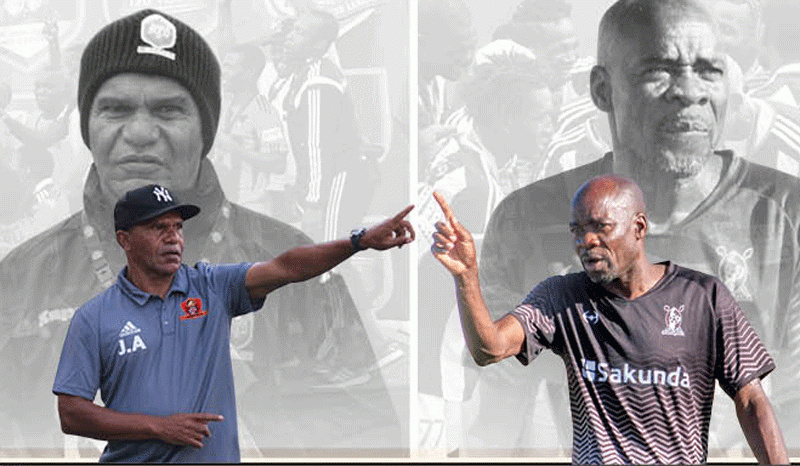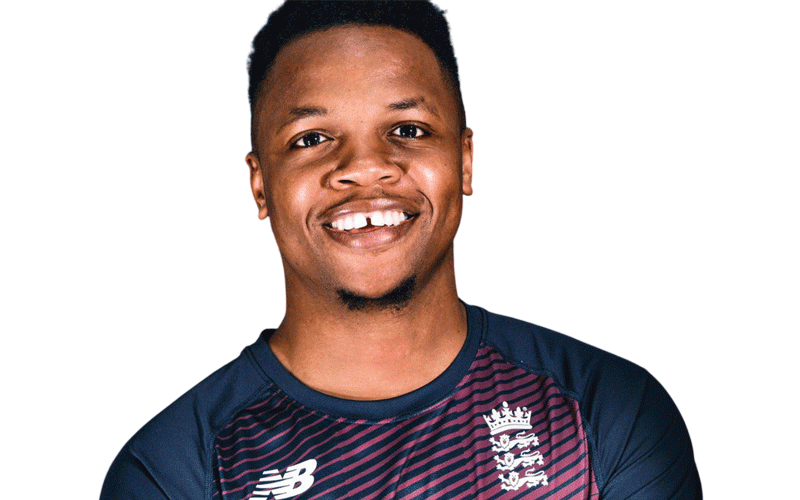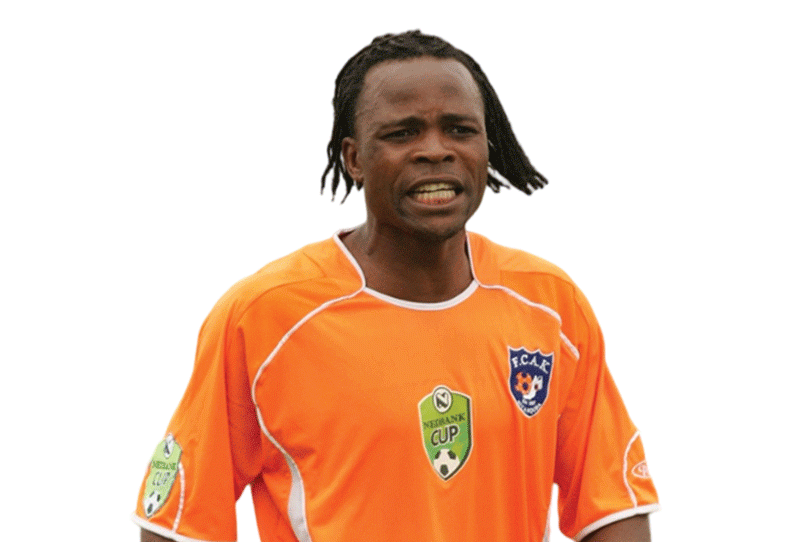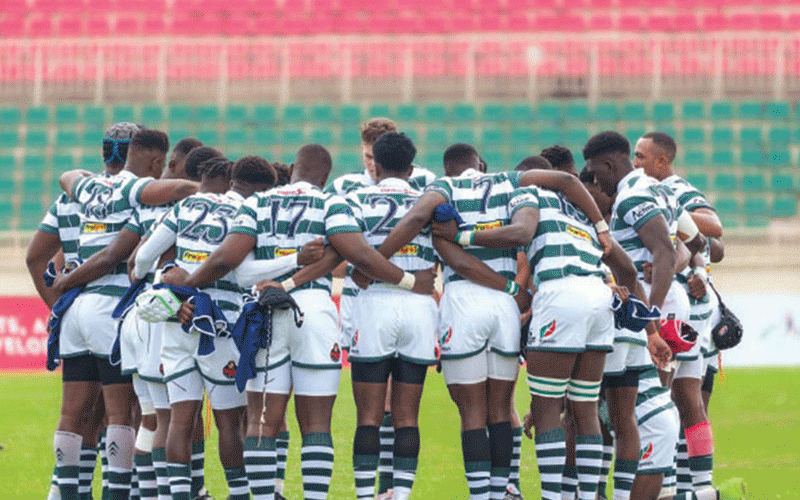
school of sport:with TIM MIDDLETON
TIMING in sport is essential, be it in timing the leap into the air, in timing the tackle without fouling, in timing the pass for a team-mate’s run, in timing the run to avoid the off-side, even (as one professional soccer player recently discovered in a very public manner during an English Premier League match) in timing one’s visit to the toilet. Get the timing wrong and we will have problems!
Furthermore, timing is crucial when it comes to actually hitting or striking the ball, be it with a bat, club, racquet or foot. The biggest mistake we can make is to use brute force, thinking that that is what will enable the ball to travel further, faster or harder. We just need to time everything to ensure everything falls into place at just the right time — our hands do not come through before our hips, our eyes do not come up before the club, our concentration does not go away before our application, our celebrations do not come out before our conclusion. Timing is essential.
Timing is all about finding the right moment, having the right balance, ensuring the right combination. There can be no better description of how important this is than the biblical statement that “There is a time for everything and a season for every activity under the sun”. The best time for people to be introduced to sports is when they are young, as all that they learn and develop then will stay with them for the rest of their life; it is much harder to try to pick up a new sport at an advanced age. Children should be introduced to many sports and not specialise in any one at a young age — there is a time, just as there must be a season, for all sports, and that applies through all their school days. Above all, we are reminded that there remains the need for us to have time for sport right through to old age, for us to have the necessary balance. There must be a time for sport.
Even within that important realisation, there is an opportune time to do things, a right time for everything on the sports field. One of the most important things a coach can instill in the minds of his young players is an understanding that within each sport there is a time for everything. As the biblical passage famously goes on to declare that, in life, there is a time to be silent and a time to speak, so in sport and in coaching, there is equally a time to be silent and a time to speak; for the school sports coach the time to speak is during practices, the time to be silent is during fixtures. Even in sport, “there is a time to plant and a time to uproot”; in other words, there is a time to select a player and there is a time to drop him, to change the team around.
Indeed we can and should go further. For school sport coaches, there is, crucially, a time for training and a time for resting, whether young or old; they are still developing so need to rest as well as train. They need to learn that there is a time for attacking and a time for defending; they need to be aware there is a time for marking and a time for zoning; there is a time for breaking down the opposition’s play and equally a time for building up our own play; there is a time for pressing and a time for containing. They need to learn to get their timing right in discovering the time to pass the ball and the time to run with ball, using the time on the ball and using time off the ball. They need to be taught there is a time for expending their energy and a time for conserving it.
So too we as coaches need to learn there is a time for encouraging and a time for challenging; there is a time for starting and a time for stopping sessions (appropriate to conditions, ages, situations and much more); there is a time for conversing with the players and a time for listening to them and their difficulties; there is a time for practising and a time for competing. We must not force things.
We need to understand and respect also that in school sport, which they are playing in order to learn vital lessons, there is a time for winning and a time for losing, a time for delight and a time for disappointment. They will have to be taught the time for celebrating and the time for concentrating. Once our youngsters have learned that timing is crucial in sport, they will then be in a better position to understand that timing is also crucial in life, that they need to transfer that ability to all life situations — for telling the punch line of a joke, for making a bid for a house, for buying shares, for dating, for applying for certain jobs or for paying for a dinner. There is a time for everything, and that includes a time for learning about timing. There is even a time for ending — and that time is now!
- Chamisa under fire over US$120K donation
- Mavhunga puts DeMbare into Chibuku quarterfinals
- Pension funds bet on Cabora Bassa oilfields
- Councils defy govt fire tender directive
Keep Reading
l Tim Middleton is a former international hockey player and headmaster, currently serving as the Executive Director of the Association of Trust Schools Email: [email protected]











